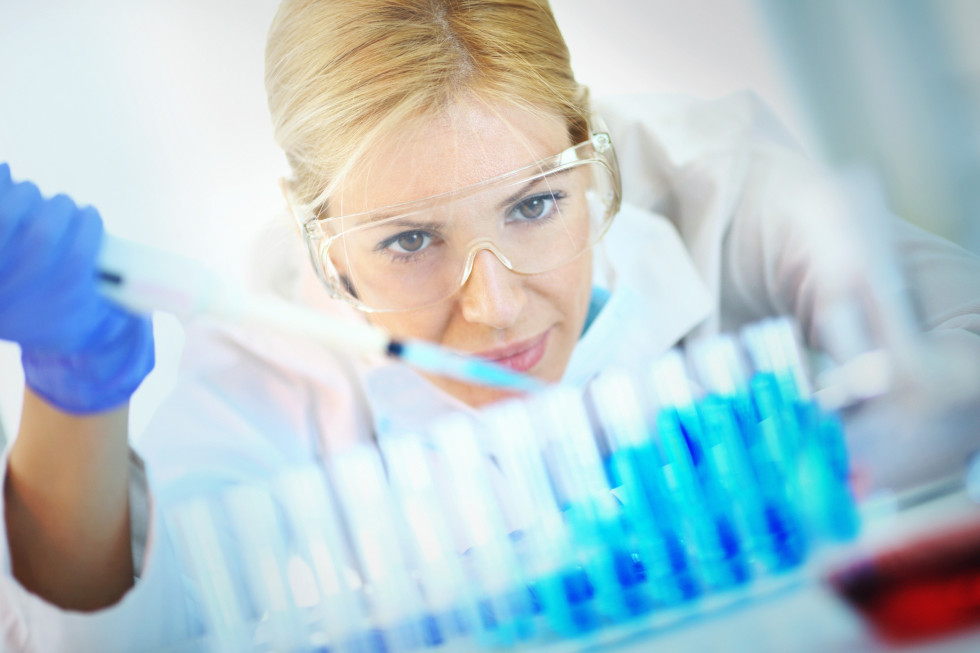There is still significant unconscious bias against women and girls in science
"However, there is still a shortage of women scientists in leading positions in science. Although the number of female doctoral candidates is almost equal to the number of male doctoral candidates, the percentage of women in academic careers is reduced to about 17%."
In Slovenia, we strive to create a stimulating, inclusive and ethically friendly research environment that adheres strictly to the principles of gender equality in science. In its strategic documents concerning science and research, Slovenia is committed to removing legislative and other obstacles, harmonising career opportunities with the principles of gender equality, improving gender balance in decision-making and strengthening the gender dimension in research programmes and projects.
However, progress towards achieving the stated goals for more balanced and inclusive science in the area of gender equality in science is still too slow in Slovenia and in the EU. It is vital to ensure equal opportunities for both genders so that the intellectual potential of women is no longer forgotten and it would instead be used to generate new knowledge and thus improve the quality of life.
On a more positive note, the government Council for Science and Technology in the new term of office is headed by a woman, Andreja Gomboc, who is also the President of the Commission for Equal Opportunities in Science. The Commission was set up by the Ministry of Science and Sport in making efforts to achieve gender balance in science.
On the International Day of Women and Girls in Science, Ms Gomboc underlined that there was still significant unconscious discrimination and bias in assessing the achievements of women researchers and double standards. Many stereotypes about the role of genders and their talents that pervade the whole society deter a lot of girls away from studying natural sciences and engineering.
Ms Gomboc mentioned that gender balance achieved within some bodies of the Slovenian Research Agency was as one of the recent positive changes. However, she misses the same progress to be achieved by university rectors, directors of institutes, even members of the scientific councils of the institutes are still mostly men. She pointed out that, in some cases, even steps backward had been taken over the last year, for example, in the panel compositions of some faculties. Among the recipients of the Zois and Puh prizes and awards last year, only 12% were women, which is due to the fact that very few of them had been nominated. This means that the environments in which women researchers work do not value their achievements as highly as those of male colleagues. She is therefore convinced that the legal provisions on gender equality should be taken fully into account at all levels.
Only science that is of equal value, with equal rights and opportunities in society for both genders, can successfully connect and open up to society and the environment and successfully cooperate with it.


